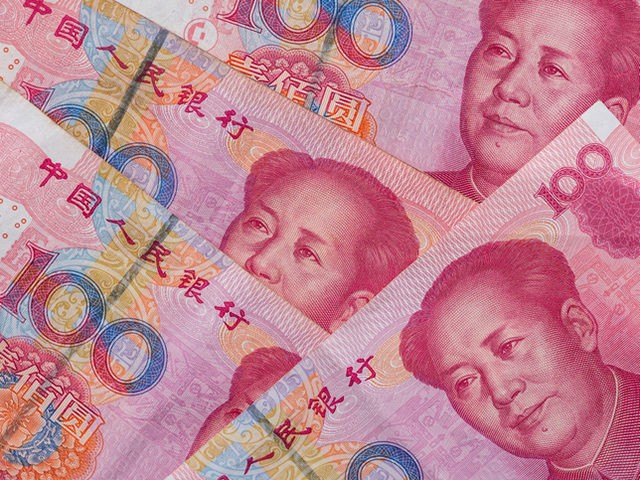Russian companies have increasingly turned to China and India to sell products originally intended for U.S.-allied markets in recent months due to Western sanctions against Moscow, China’s state-run Global Times reported on Tuesday, noting that these alternative transactions are often settled in local currencies.
Many Russian products, including oil and fertilizer, originally produced for Japanese and South Korean markets “are now being exported to China and India after US-led broad economic sanctions against Russia,” a manager for the Russian Asian Union of Industrialists and Entrepreneurs surnamed Wang told the Global Times on June 21.
“Most of our member companies are using the yuan [Chinese currency] for cross-border trade settlements instead of US dollars or other currencies, because yuan settlement is much faster and more practical,” Wang said.
Yuan settlement has become so popular within Russia-to-China trade that a growing number of Russian companies “are looking to open accounts at branches of Chinese banks in Moscow,” anonymous government-approved sources told the Global Times on Tuesday.
“Some Russian traders receive payment in yuan, and then use the payment to buy Chinese goods,” the newspaper observed.
A representative for China’s Purefine Wood Trade Agency told the Global Times this week that the Changzhou-based company “is importing wood from Russia and basically using yuan or ruble settlement instead of using US dollars.”
Purefine Wood Trade Agency is additionally considering “exporting items, such as electronic and mechanical products, to Russia,” according to the representative.
“They are very popular in Russia and have great [market] potential,” he noted of the exports.
In an editorial piece published on June 20, the Global Times argued that BRICS — which is an acronym for an association of emerging economies including Brazil, Russia, India, China, and South Africa — should “urgently” push for its member nations to conduct bilateral trade using local currency settlements instead of transactions based on the “hegemony” of the U.S. dollar.
“If they can achieve that goal, other developing countries will also join in them when it comes to developing alternative financial infrastructure in response to reckless US sanctions,” the Chinese Communist Party-run newspaper opined.
The U.S. government and its allies began imposing sweeping financial sanctions on Russian entities on February 24 in response to Moscow’s decision to launch a war with neighboring Ukraine earlier that day. The Washington-led financial sanctions campaign against Russia has pushed Moscow to seek alternative business measures, especially in China and India. Like Beijing, New Delhi has also encouraged Russian companies to establish its local currency, the rupee, as the base currency for trade with Indian companies in recent months, according to reports by the Times of India and Reuters.

COMMENTS
Please let us know if you're having issues with commenting.